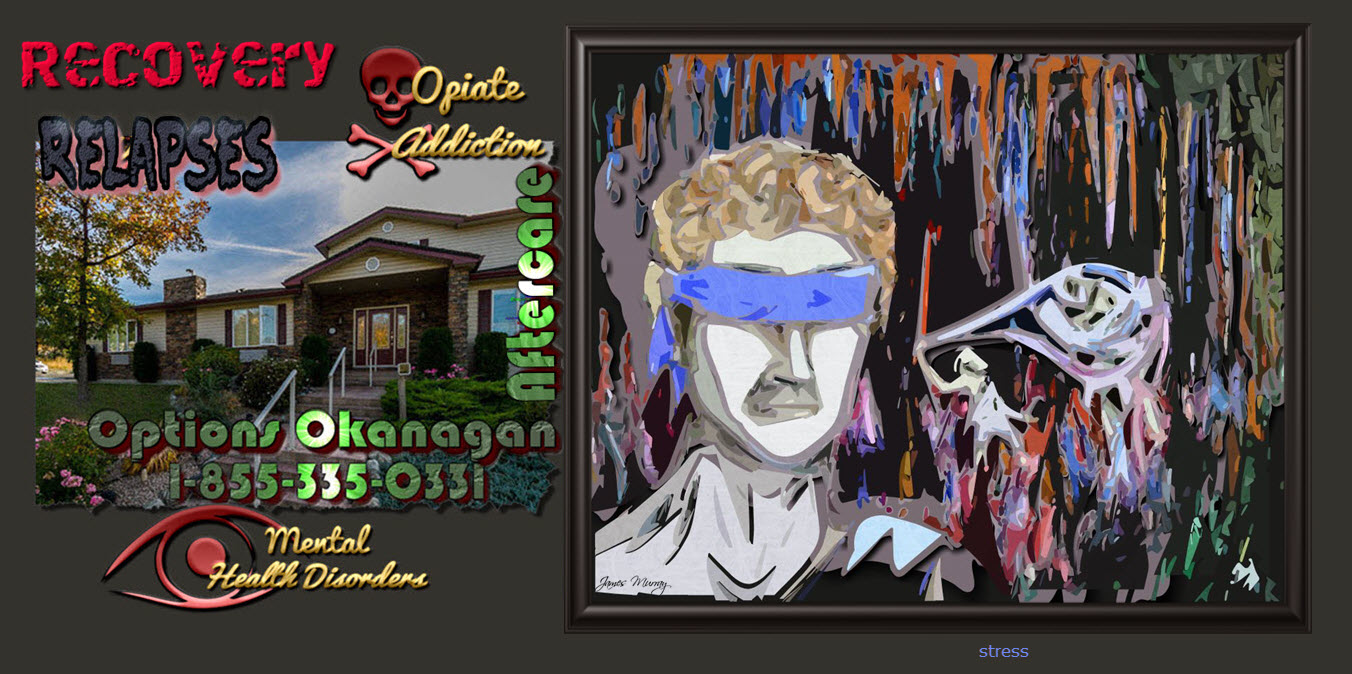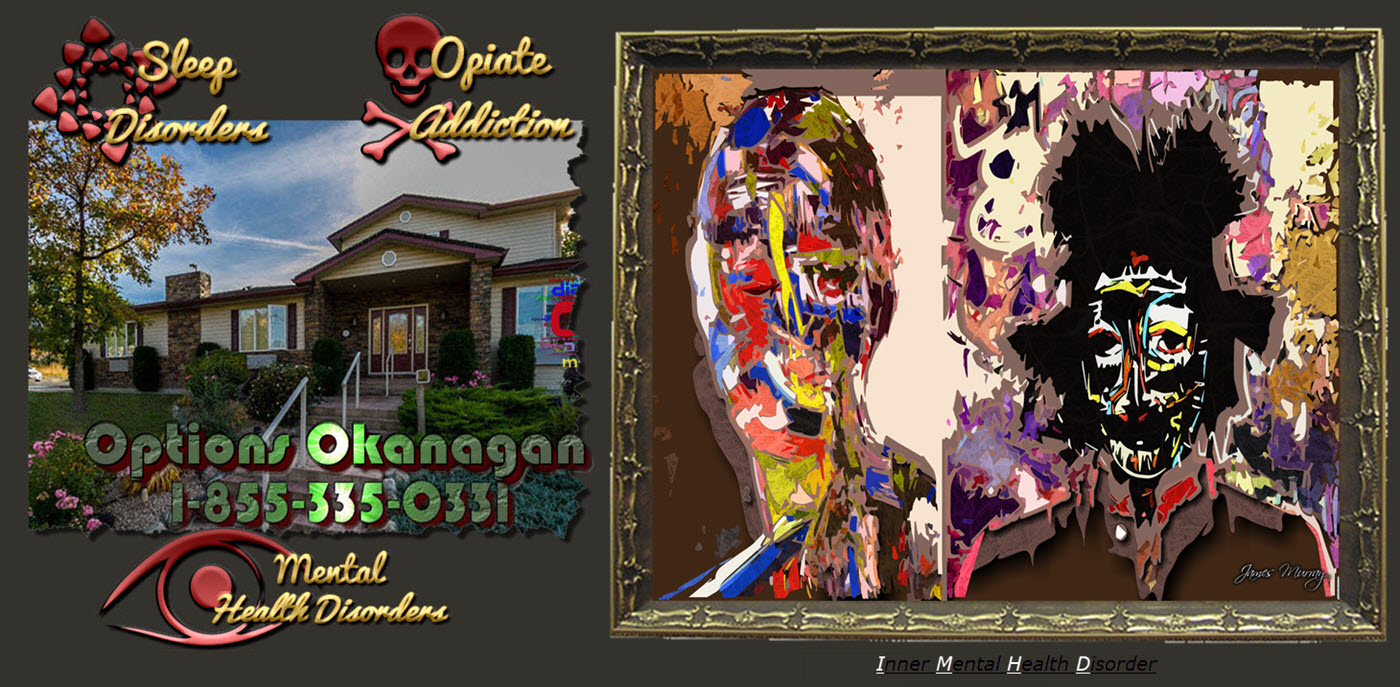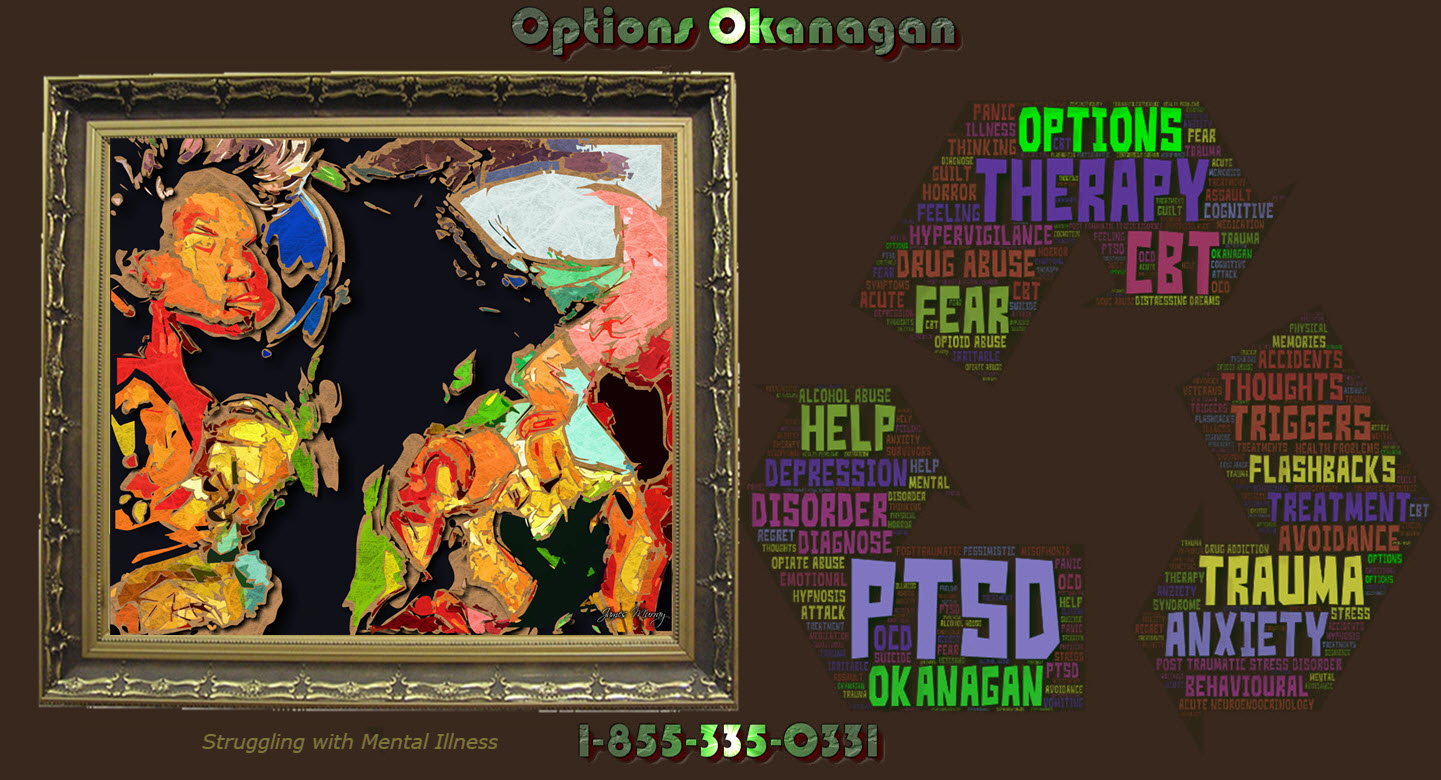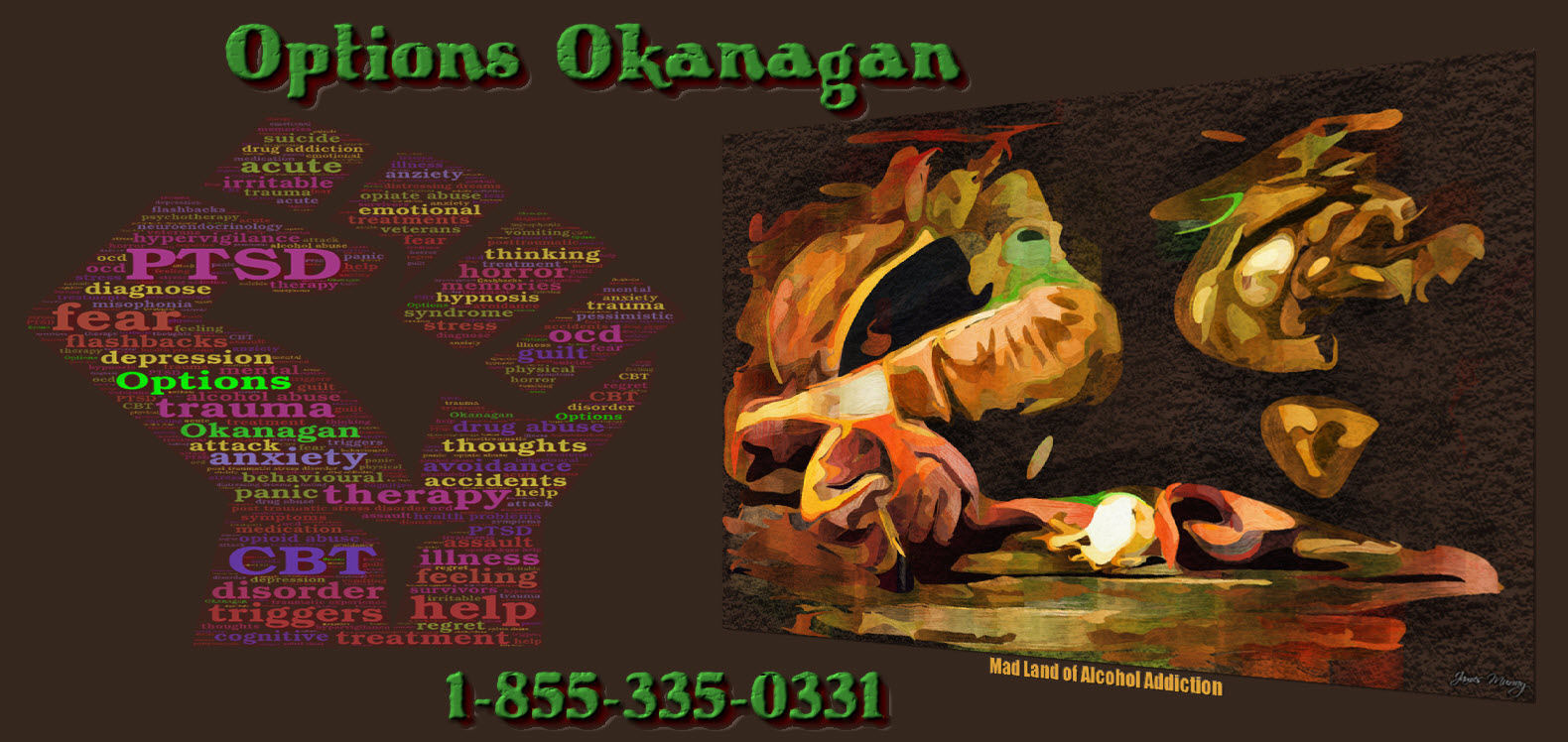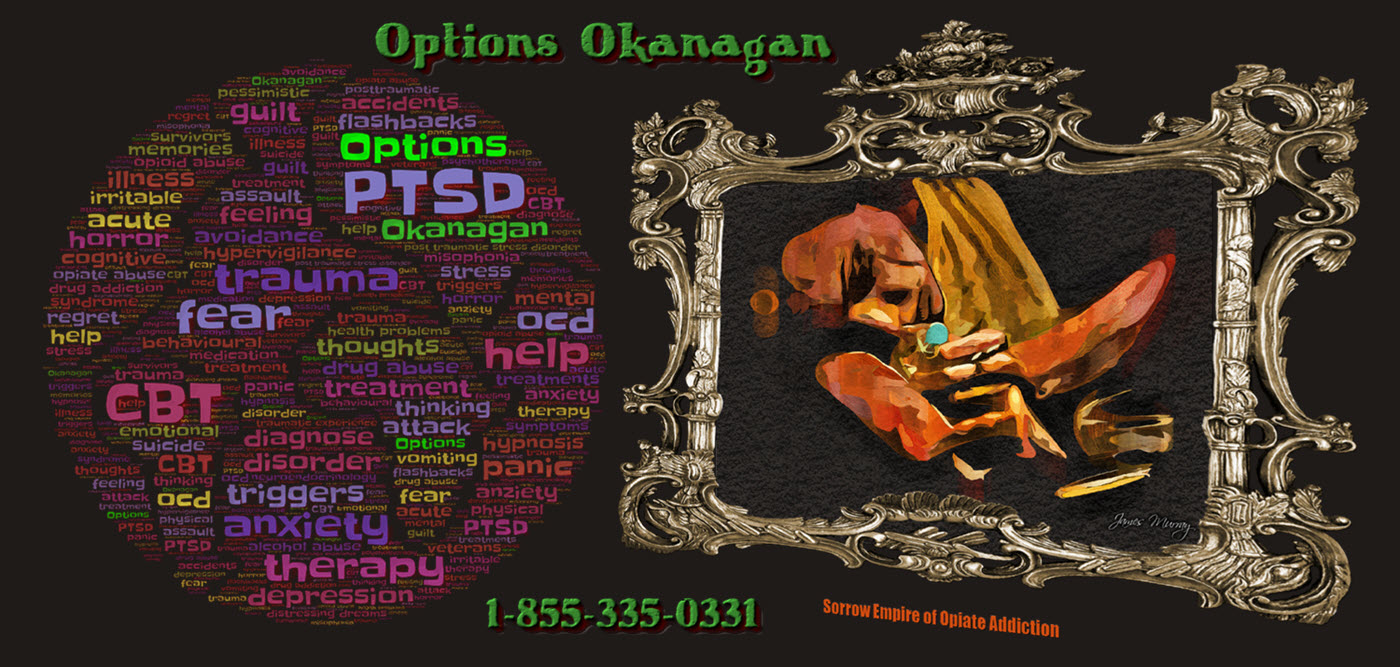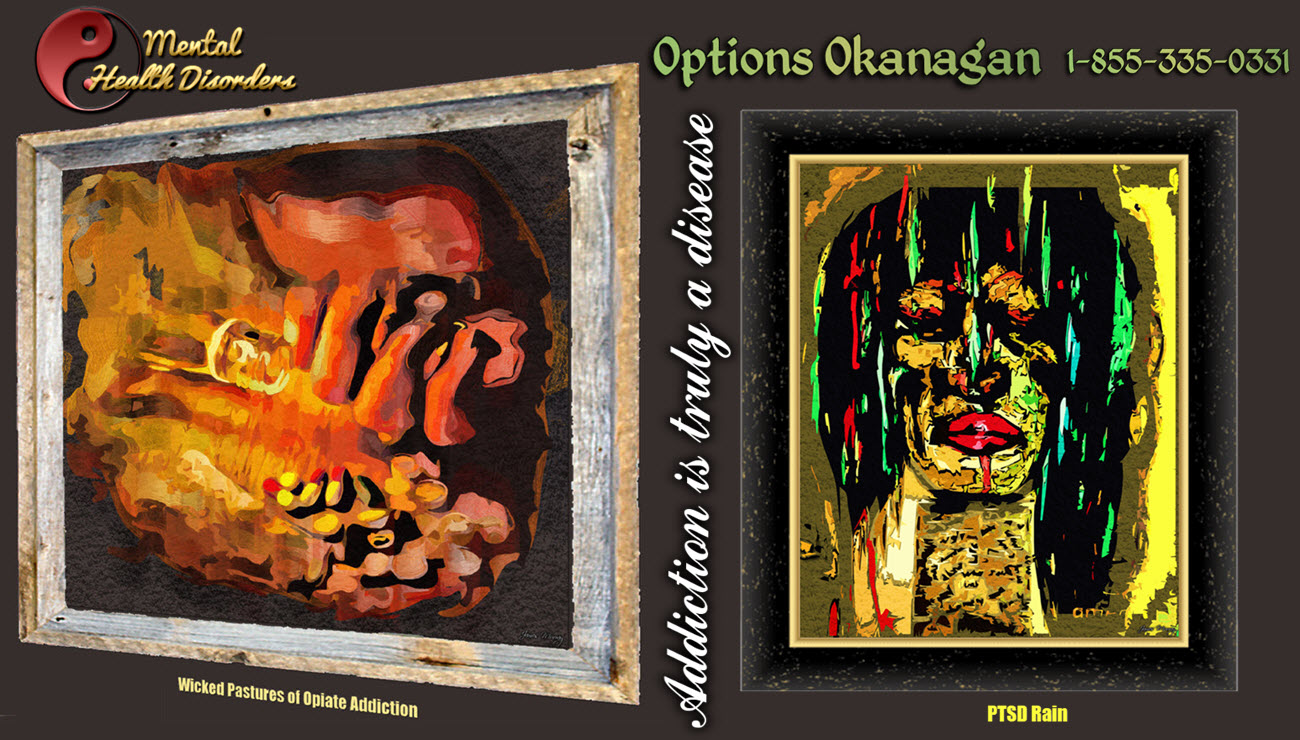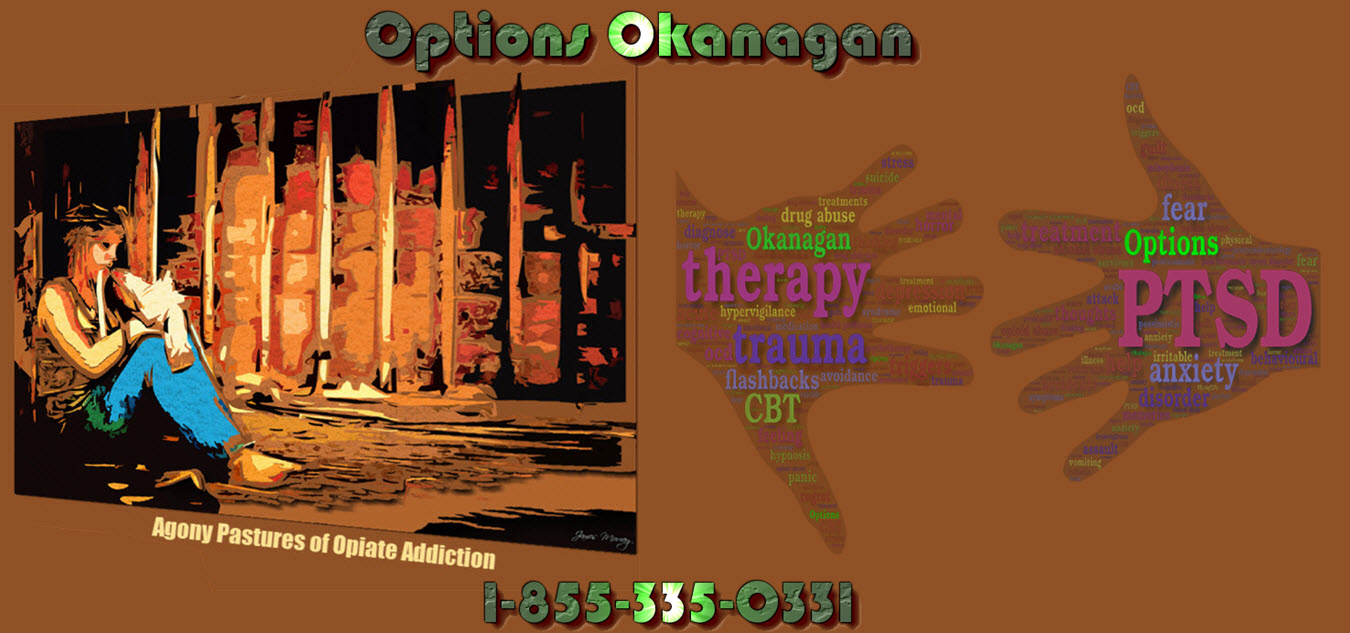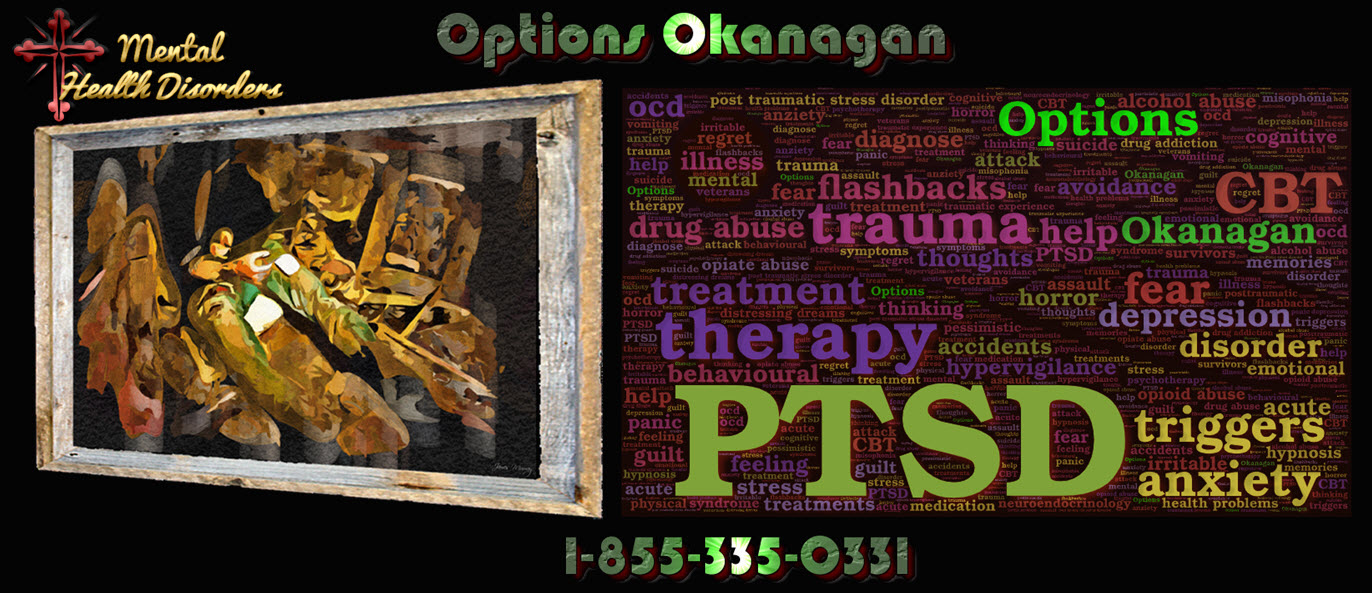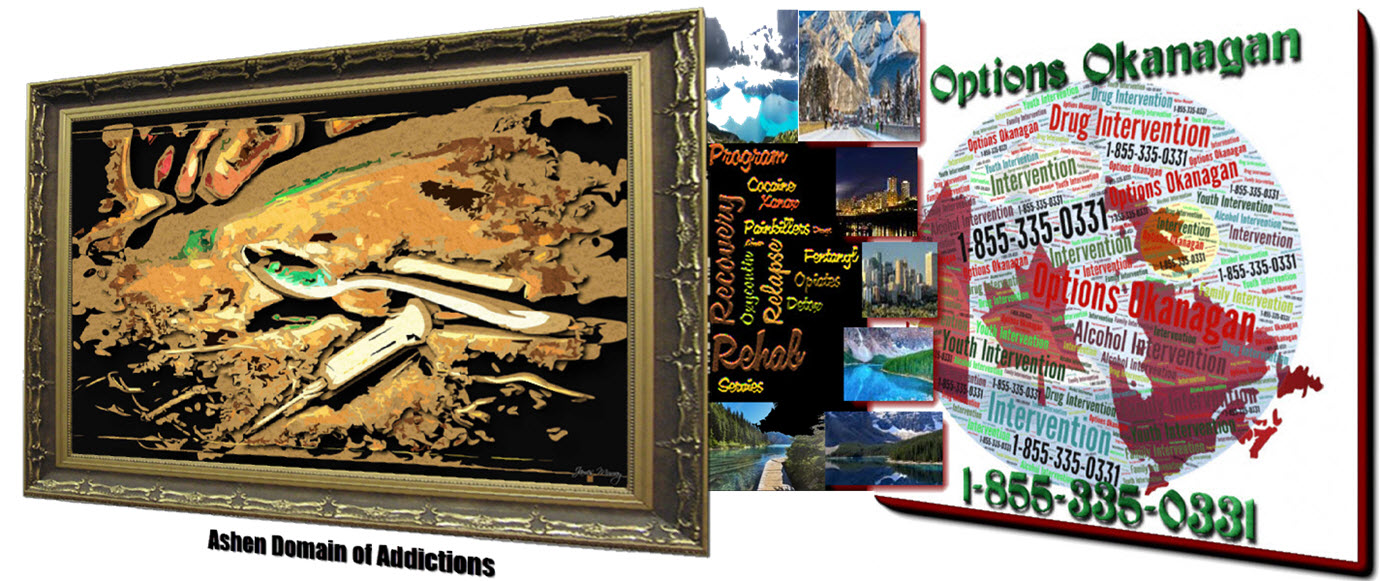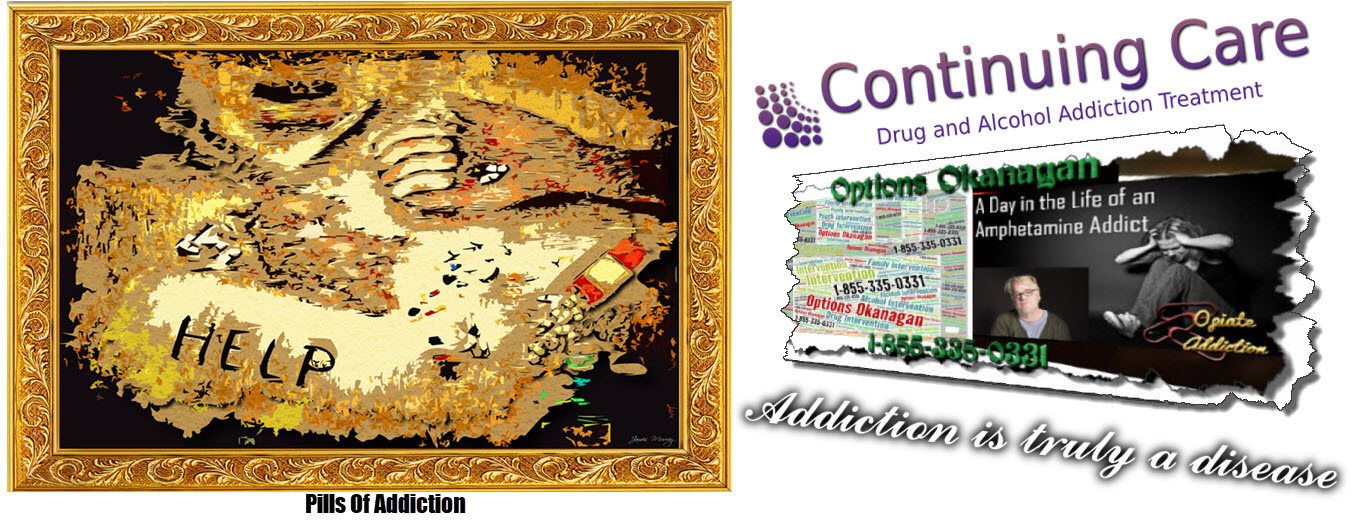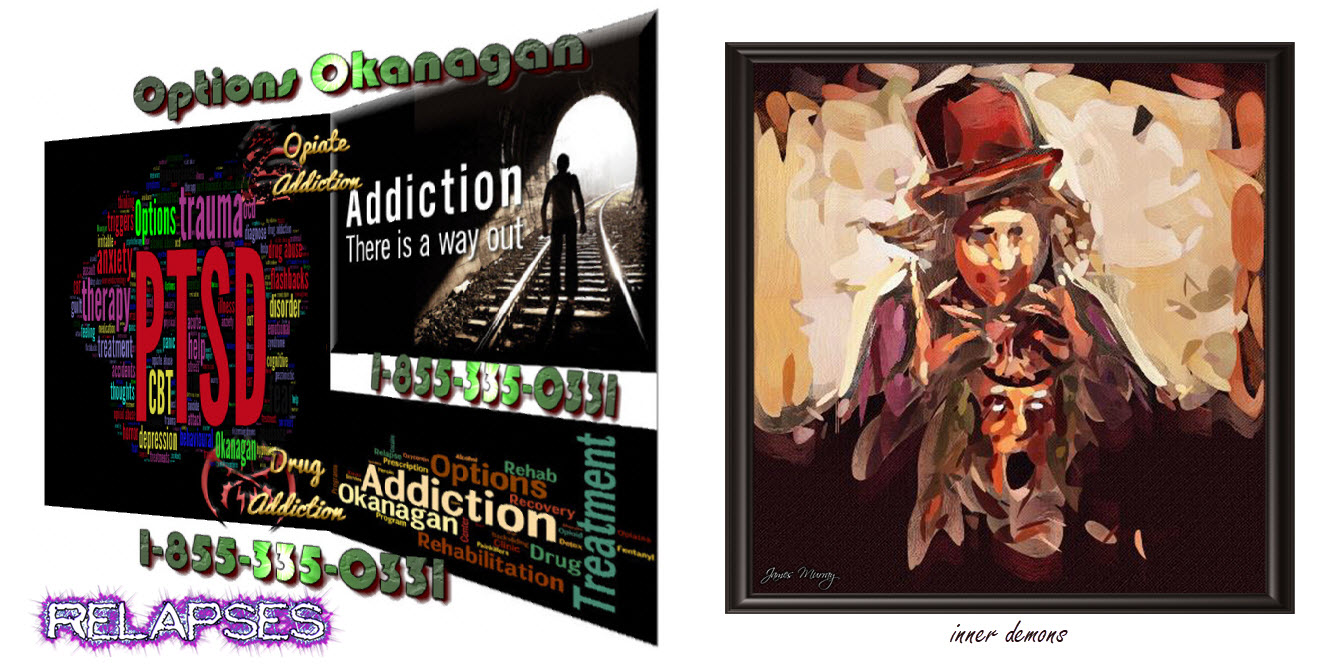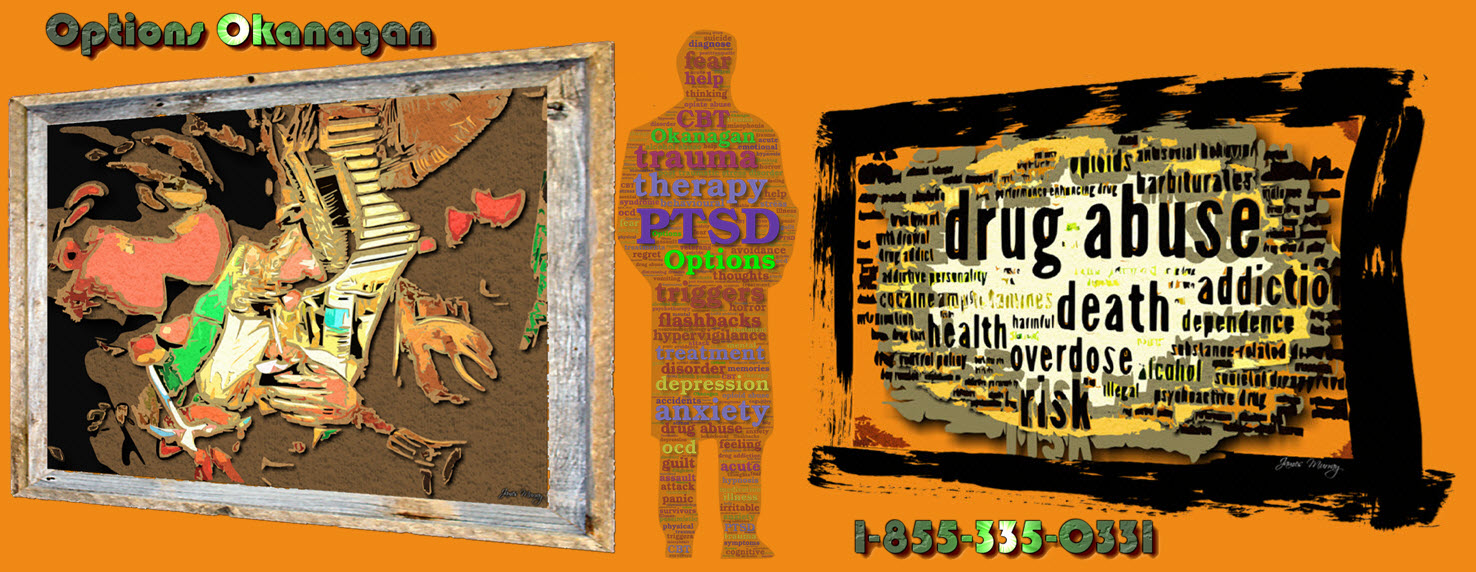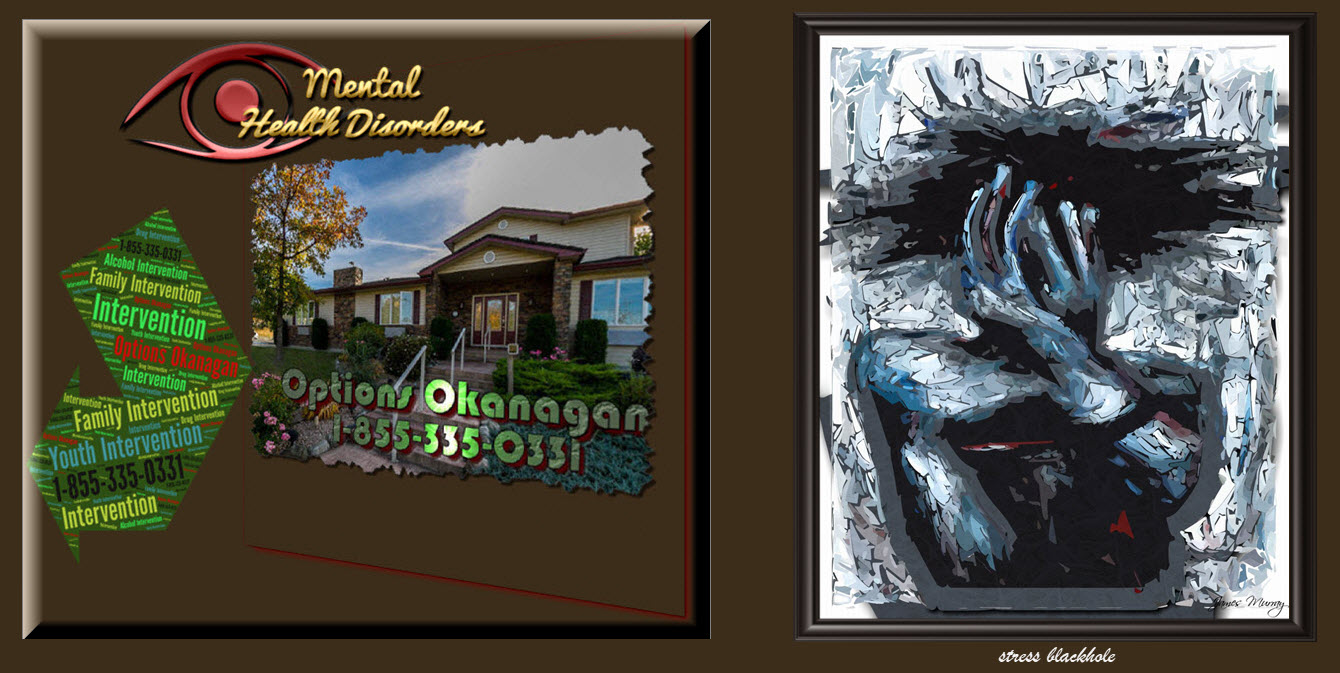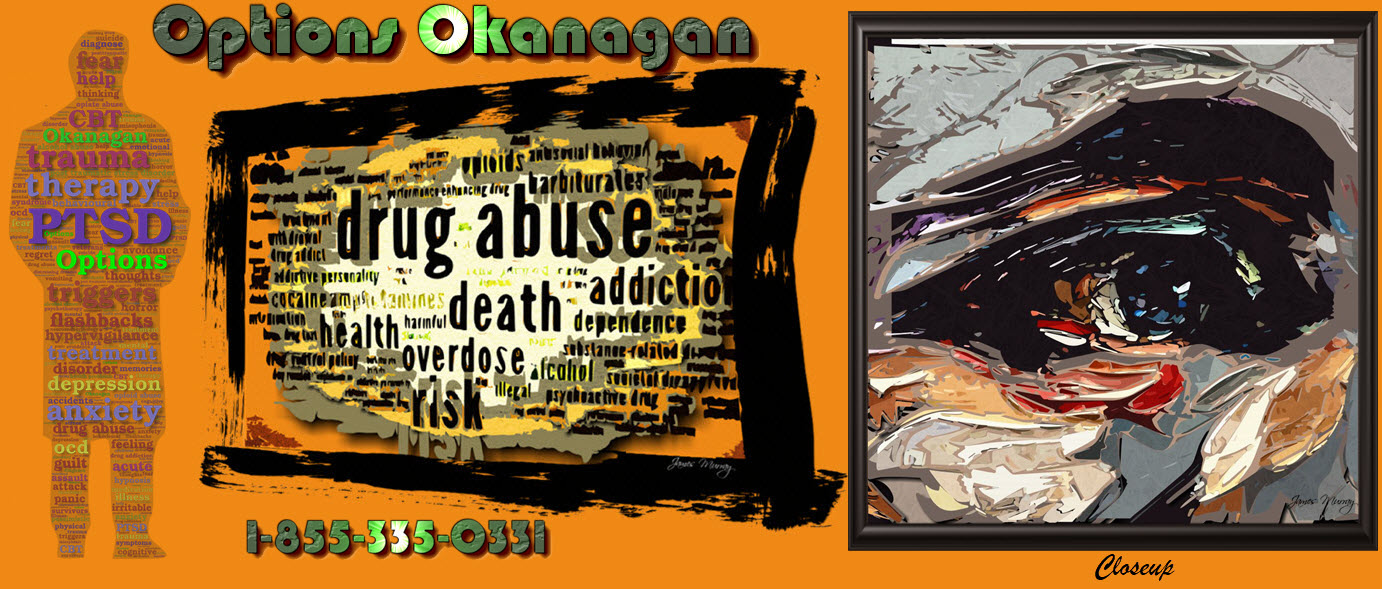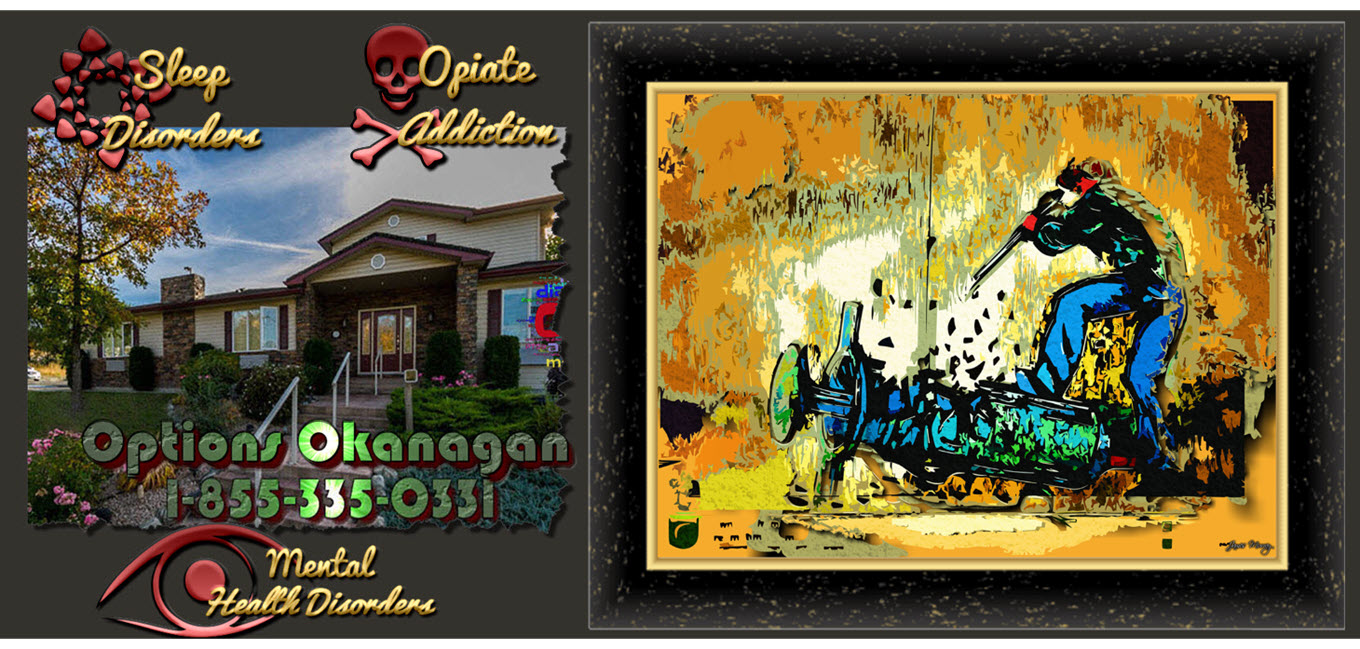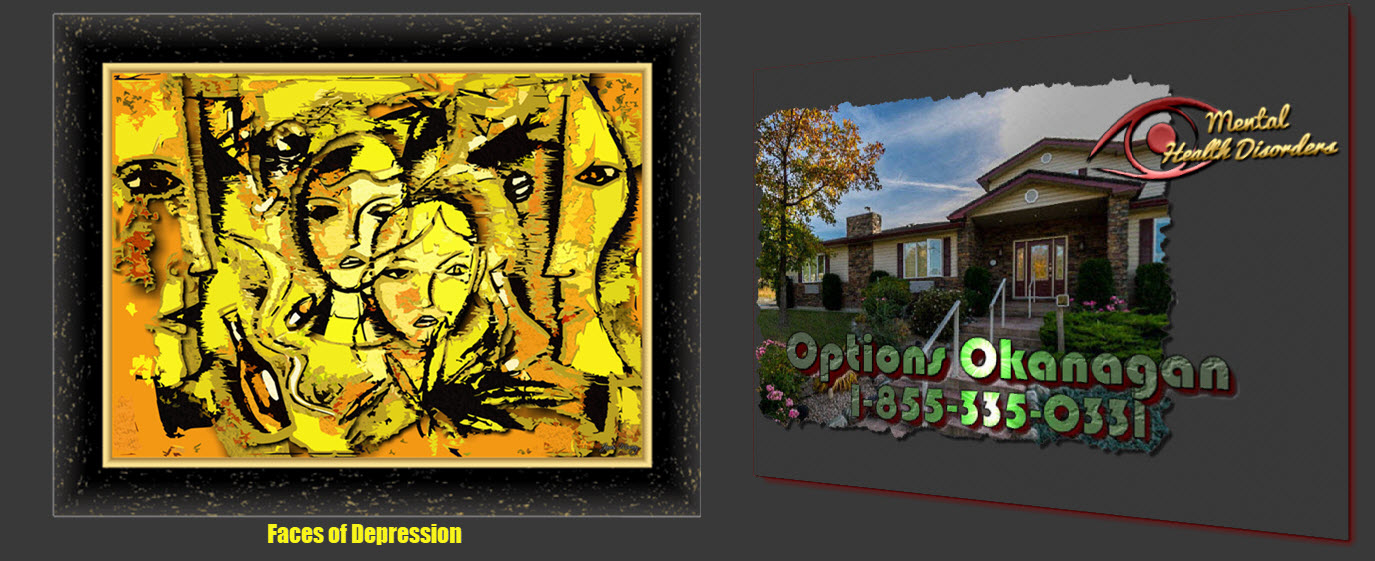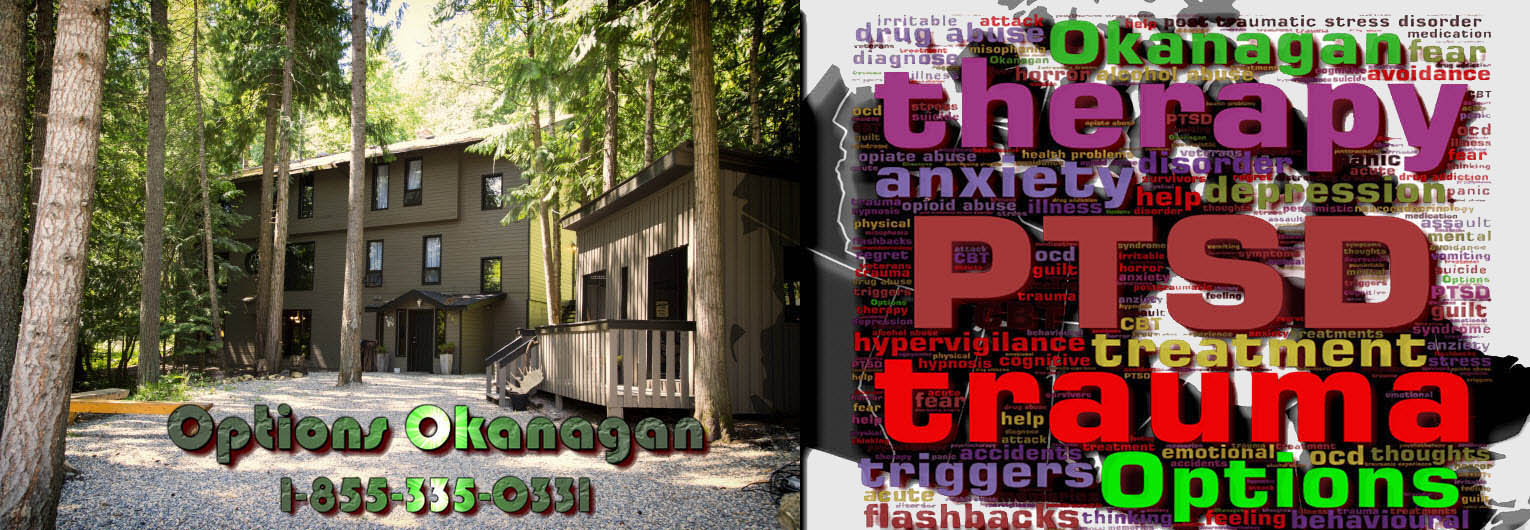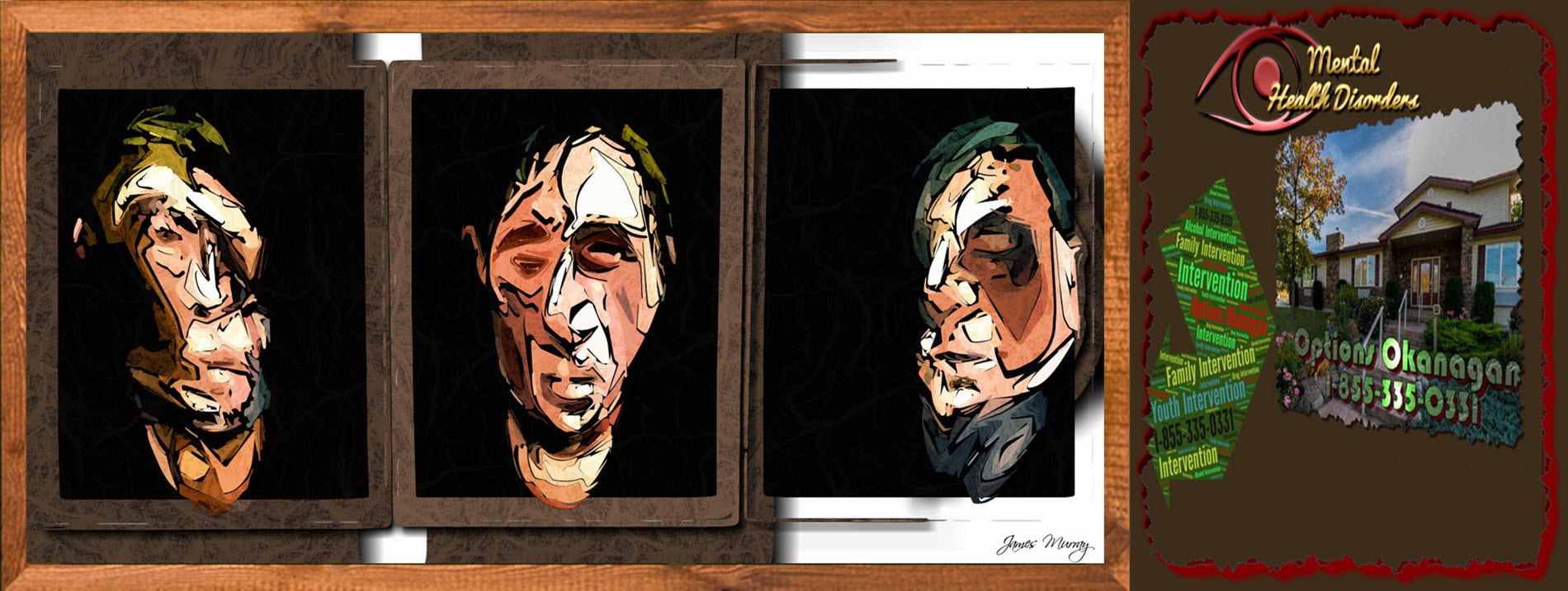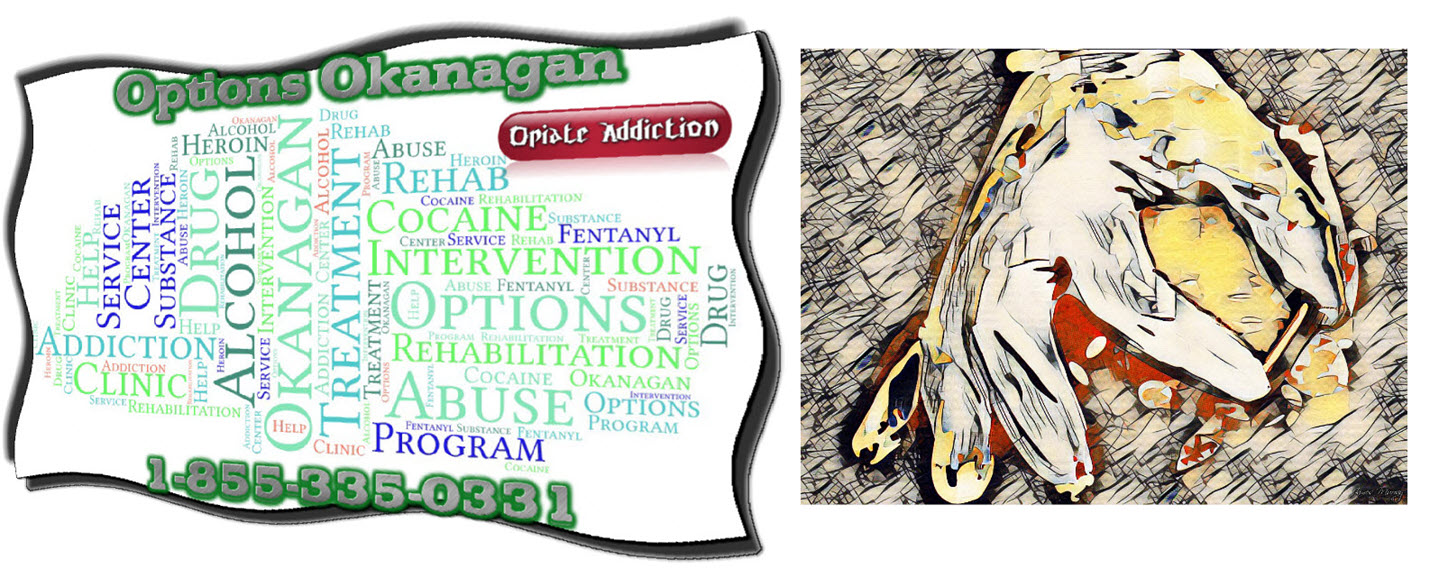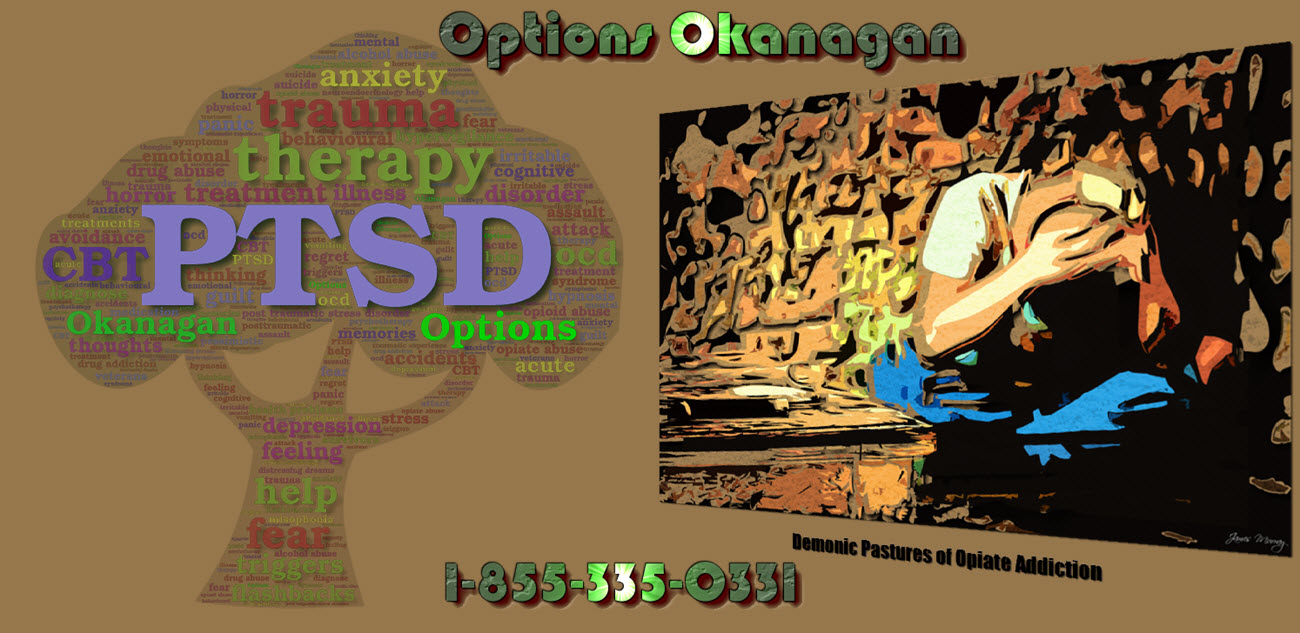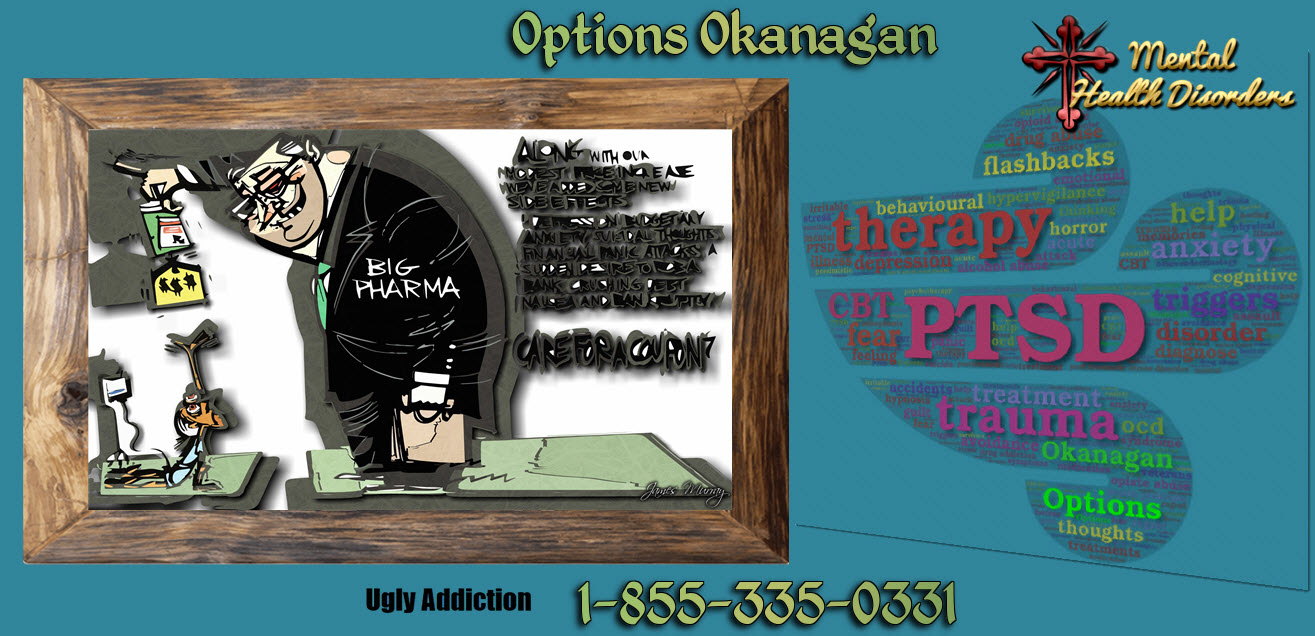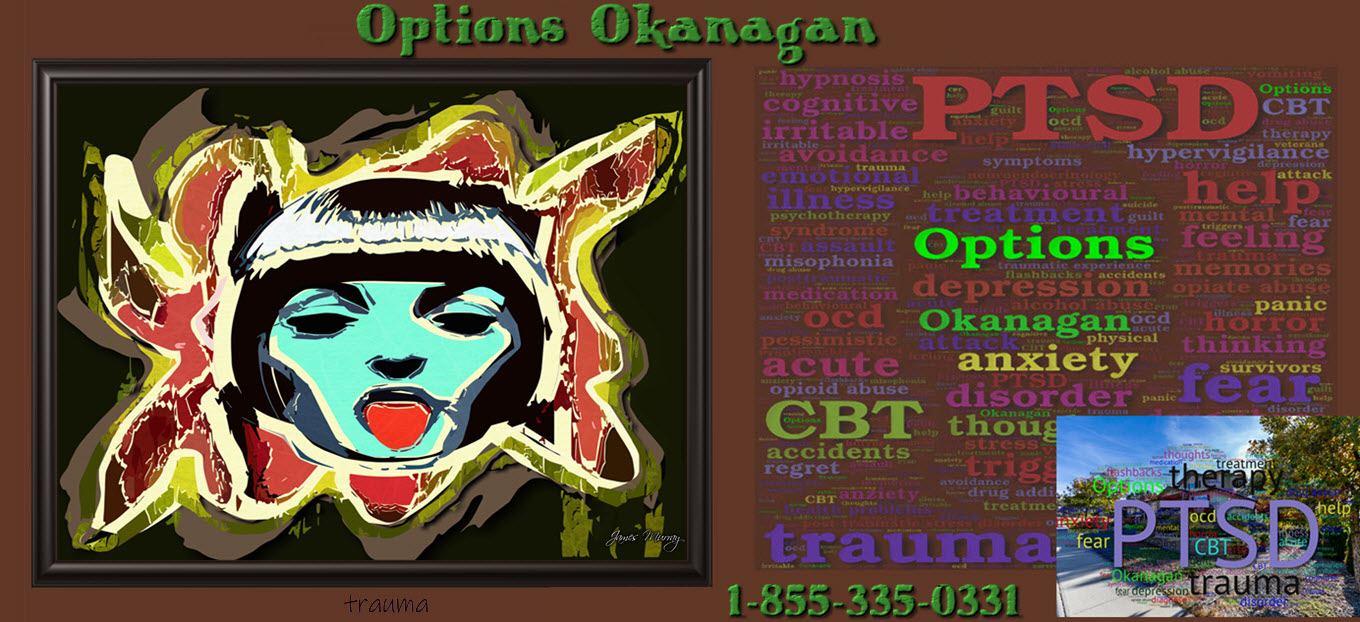Is Cognitive-Behavior Therapy (CBT) something you should try? Mental health disorders – Drug rehab programs in Alberta and British Columbia – Options Treatment Center in Kelowna, British Columbia treating drug, opiate, fentanyl, heroin, and alcohol addiction and recovery.
Opiate Rehabilitation in British Columbia and Alberta
There is no denying that anxiety disorders can make everyday life a real challenge for many individuals. However, if you are one of those currently dealing with issues such as generalized anxiety disorder, social phobia, panic disorder, or other anxiety conditions, there are several options. Consult first with a qualified doctor who can help you manage the symptoms you are experiencing and dig deeper to resolve the issue.
Mental Disorder Programs in British Columbia and Alberta
Therapy in this area often combines cognitive and behavioral treatment techniques. Elements of cognitive therapy are designed to provide methods for understanding, evaluating, and correcting your thinking, and the behavioral section focuses on the actions you take on a regular basis and how you can take active steps to change them. The combination of these two aspects is known to be very helpful in achieving outstanding results in patients who may be disillusioned by previous attempts to change their lives.
Cognitive therapy is effective because it helps people identify the emotions and patterns they most frequently follow. Being aware of these feelings allows for better control over them. This, in turn, makes it easier to prevent future anxiety attacks.
The bottom line is that cognitive therapy helps patients change common behavioral patterns that they may not realize is a problem, and helps them discover how these patterns contribute to their feelings of anxiety. The resulting reduction in the odds of panic attacks is tremendous and can make a huge difference in your quality of life.
Behavioral therapy focuses on ways to change a person’s potentially harmful actions. For people with anxiety problems, breathing and relaxation techniques can be invaluable and are often part of behavioral therapy. Desensitization is another common technique used by behavioral therapists and helps patients be placed in scenarios that are likely to cause moderate levels of anxiety so that they can learn to manage this type of stress.
To consider starting a cognitive therapy program, you must meet two main criteria. First, you must be willing to work on yourself and be willing to make changes in your life. If you are not truly open to change, this type of therapy may be in vain. Second, you should only work with a therapist trained in this particular treatment.
Ultimately, the cognitive-behavioral approach is only one avenue that can be used in the pursuit of effective treatment for anxiety disorders. It can work wonders even when other therapies don’t give the desired results. Continuing treatment is truly the first step in improving your daily life, and an ideal way to start is to talk to your doctor to learn more about all the options available.
Options Okanagan Opiate and Alcohol Treatment Centers in Kelowna, Salmon Arm and Vancouver, British Columbia – Men and Women are recovering and healing from Alcohol and Drug Abuse at our treatment center here in the Okanagan right now.
Our unique and distinctive Opiate Drug and Alcohol treatment program allows men and women to come in from Calgary as well as Edmonton as we offer airport pickup.
Numerous clients come to us from Vancouver, Calgary, and Edmonton and other locations in Alberta and even other provinces for Opiate addiction treatment, heroin drug treatment, many other drugs, and alcohol addictions for rehabilitation because of the uniqueness of our treatment center.
Our (Kelowna) Alcohol and Drug Treatment Program Location:
(Not Mailing Address) – Contact Us – Web Page
For Mail Delivery :: Please contact each center for correct mailing addresses, also this location is the location of our residential treatment programs in Kelowna. Please call Toll Free 1-855-335-0331 – to contact the treatment center you are going to for the address and directions.
Options Okanagan Drug and Opiate Treatment Center
551 Sherrydale Crescent, Kelowna, British Columbia, V1V 2E6
Toll-Free Phone Number: 1-855-335-0331

